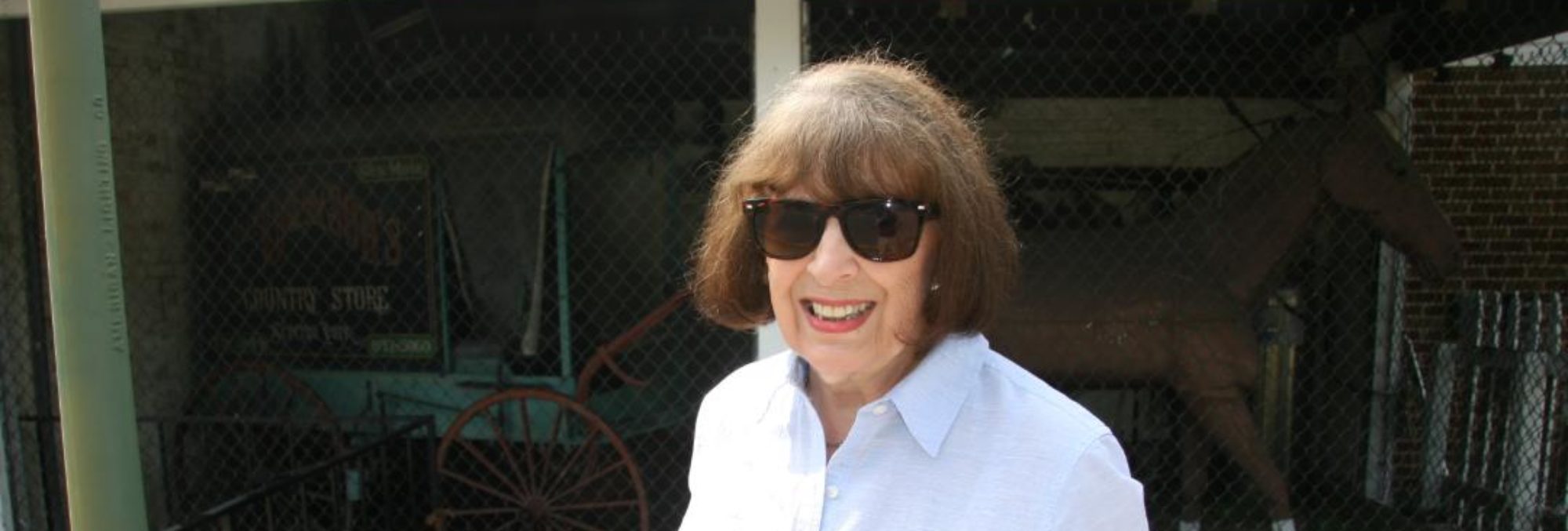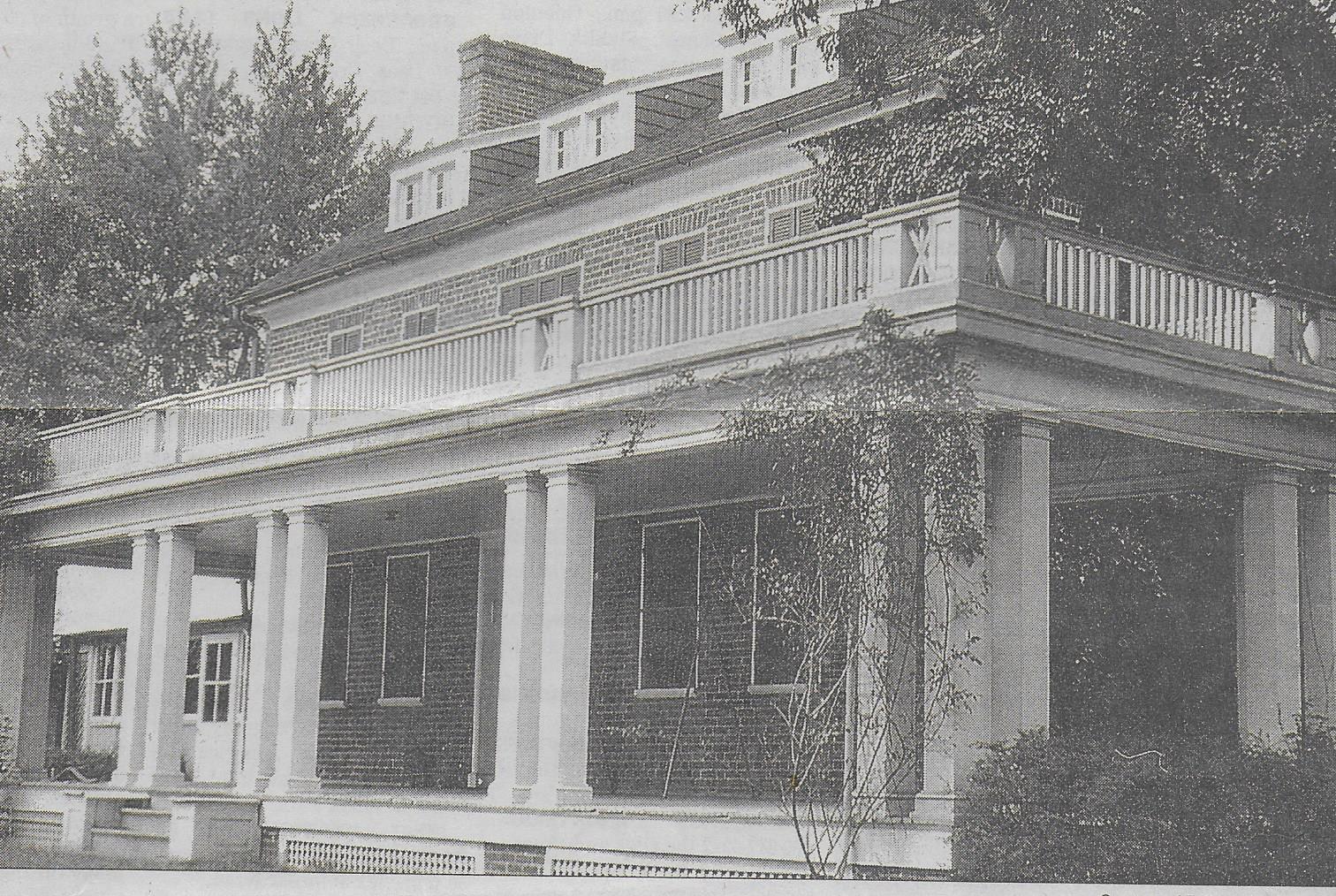AROUND THE PARK AGAIN by Sharon Lee Tegler

Brought to you by Jing Ying Institute of Kung Fu & Tai Chi
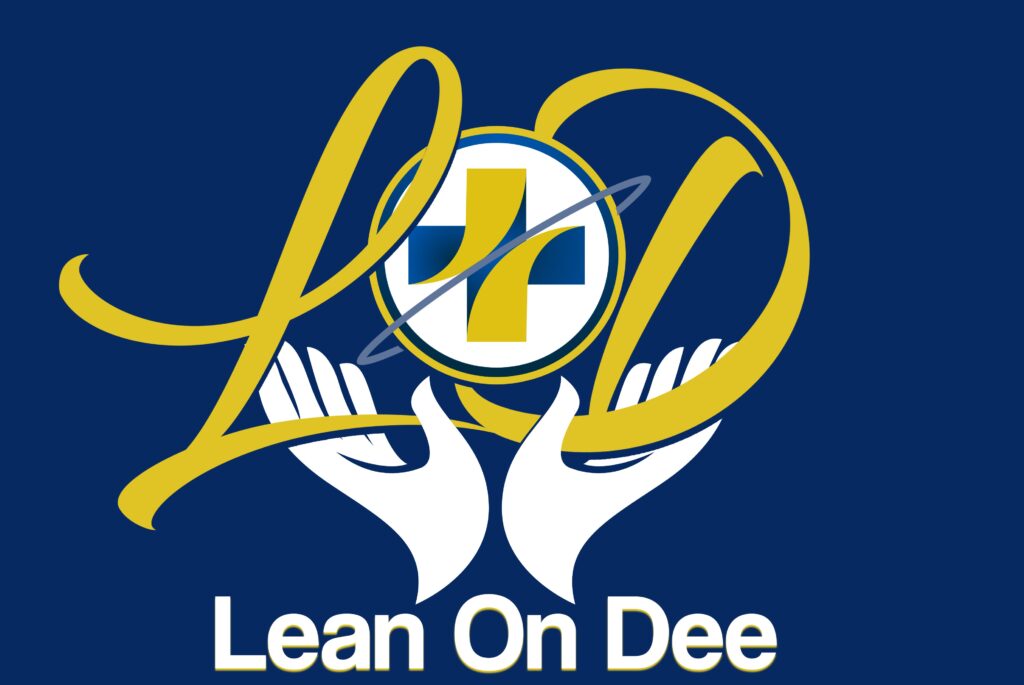
and Lean On Dee Senior Home Care Services
Few obvious traces of Severna Park’s beginnings remain. Successive waves of residential and commercial construction have obscured or overtaken landmarks that were once beacons of our 118-year-old hometown. But there are still traces of Severna Park’s origins. Driving through the community of Linstead, for example, you can still see the farmhouse pictured here (courtesy of historian F. Scott Jay) that was built in 1758. The photograph shows the house as it appeared in 1906.
In addition to Jay, sources for information gleaned over time include the late Nelson Molter, the book “Severna Park Reflections” published by Bay Media, Inc., and the Severna Park Old Timers, Erman O. “Lanny” Dill, the late Kathleen Giddings Hankins and the book “Linstead on the Severn, A History” by the Residents and Friends of Linstead.
A look back before Severna Park was formed
It’s important to remember that Severna Park was but one part of the larger community of “Boone” when formed in 1906. The rustic town, born in the late 1800’s, endured until June 16, 1925 when its address officially became Severna Park.
Boone’s origins date to the 1600’s with a 26,000-acre land grant from King Charles I to George Calvert, 1st Lord Baltimore. By the 1700’s, the Lords Baltimore had conveyed the acreage in the form of three grants. Norman’s Fancy, Randall’s Purchase and Hopkins’ Addition would form the nucleus of Boone.
The Randall’s Purchase parcel would provide the core. Sold in 1721, it was owned briefly by John Earnshaw and then John Worthington.
In 1725, according to a yellowed account in historian F. Scott Jay’s collection, the parcel was sold to Richard and Hester Linstid (Linstead) and called “Randall’s Range”. The couple had a notorious reputation and perished in 1750, leaving their 10-year-old son, John, and 13-year-old daughter Elizabeth destitute.
John Linstid Sr. served in bondage to a weaver until he was 21, but owned Randall’s Range and paid taxes on it from 1759 to 1771 and again in 1774 before disappearing temporarily from the records. It is theorized he was a Loyalist who fled to England during the Revolution. He is buried in the Boone-Linstead graveyard. This account is substantiated by George Acre, associate editor of the book “Linstead on the Severn, A History”.
Joseph McCubbin purchased the land in 1774, transferring it to a daughter, Dorcas, and her husband, William Hammond, in 1806. It was renamed Cedar Neck. The Hammonds apparently acquired the adjoining grants, but in doing so overextended themselves. In 1817, the 227-acre property was put up for auction and purchased by the John Linstid, Jr., Linstid Sr.’s son, returning the property to the family.
Two years later, Linstid Jr.’s son George inherited it. At his death, in 1856, the working farm was divided into three 91.5 acre lots for his three children, one of which went to Elizabeth Linstid Boone, wife of Thomas Boone.
In Boone farm’s early years, a modest farmhouse served the family. In 1852, School No. 14 (Boone School) opened at the present site of Severna Park Elementary School. Around 1853, the Boone homestead was constructed. The lovely antebellum house serves today as Severn School’s Alumni House.
The homestead overlooked fields of fruits, vegetables and grain. The family is known to have maintained slaves. Neighbors were distant and amenities few. To obtain supplies, attend church, or mediate legal problems, they had to travel to Annapolis via horse-drawn vehicles.
Growth came slowly. An 1860’s map of the county’s Third District shows farmsteads bearing names prominent today – Linstid, Robinson, Tydings, Gray, Stallings, Pumphrey, Stinchcomb, Giddings and Hopkins.
Century’s end brought the area’s first church, Piney Grove Methodist, and the nearby Earleigh Heights Post Office. Necessities could be bought at Boone’s Store built and operated by Tom Boone.
Significant change occurred in 1896, when the Boones sold a strip of land to the Annapolis & Baltimore’s Short Line Railroad. Trains soon brought passengers and goods from Camden Station in Baltimore to Bladen Street in Annapolis. By 1906, Boone Railroad Station had opened and the community’s name was official.
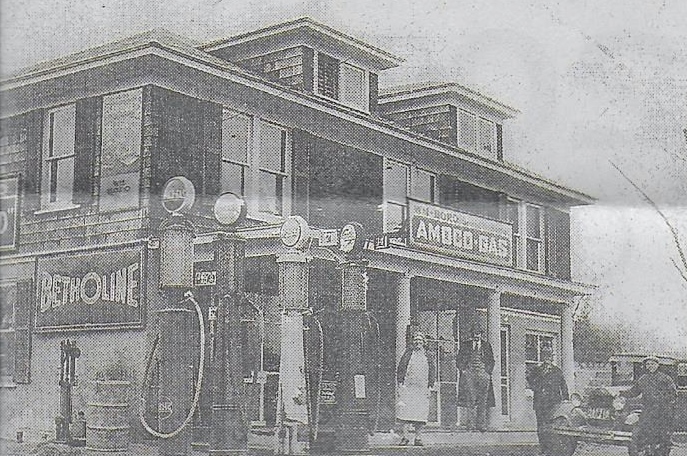
Commerce boomed. Julius Grotsky completed a four-story building that sold groceries, feed and fuel and became Boone’s first post office.
Summer vacationers followed, flooding the trains enroute to holiday destinations on the Severn and Magothy. A hotel resort at Round Bay created a sensation.
Far-sighted developers capitalized on the trend. In June and July of 1906, The Severn Realty Company of Baltimore acquired portions of the former Boone and Linstid properties, subdivided them, and sold the lots for vacation homes. The company’s young lawyer, Oscar Hatton, moved to Boone and founded a “park” at the beach, constructed water and electric facilities, and served as judge and justice of the peace.
Still, there were only about a dozen houses when Roland M. Teel opened Severn School in a rented house on Springdale Avenue in 1914. At age 80, Teel reminisced and noting that the community was then referred to as Boone or The Park and that Benfield Road was just a dirt road.
Though small, Boone was not isolated from world events as demonstrated by a letter to Severn School from concerned father H. G. Peddle, President of J. Frank Shull Company in Philadelphia.
“In anticipation of the new draft law, I suppose Frank could register in Boone just as well as New Jersey”. The letter went on to inquire if tuition would be refunded if Frank was called for duty in World War I.
In the 1920’s, summer cottage residents fished, gorged themselves on local produce and partied hard spreading their cash among Boone’s farms and merchants. Forerunners of the county’s renowned “truck farms” shipped fresh meats, fruits and vegetables to Baltimore and business opportunities abounded.
Erman O. “Lanny” Dill’s grandfather, Edward O. Dill, cruised to Cypress Creek from Baltimore on his boat in 1915 and discovered a 100-year-old farmhouse on 16 acres which he purchased from Thomas A. Brown.
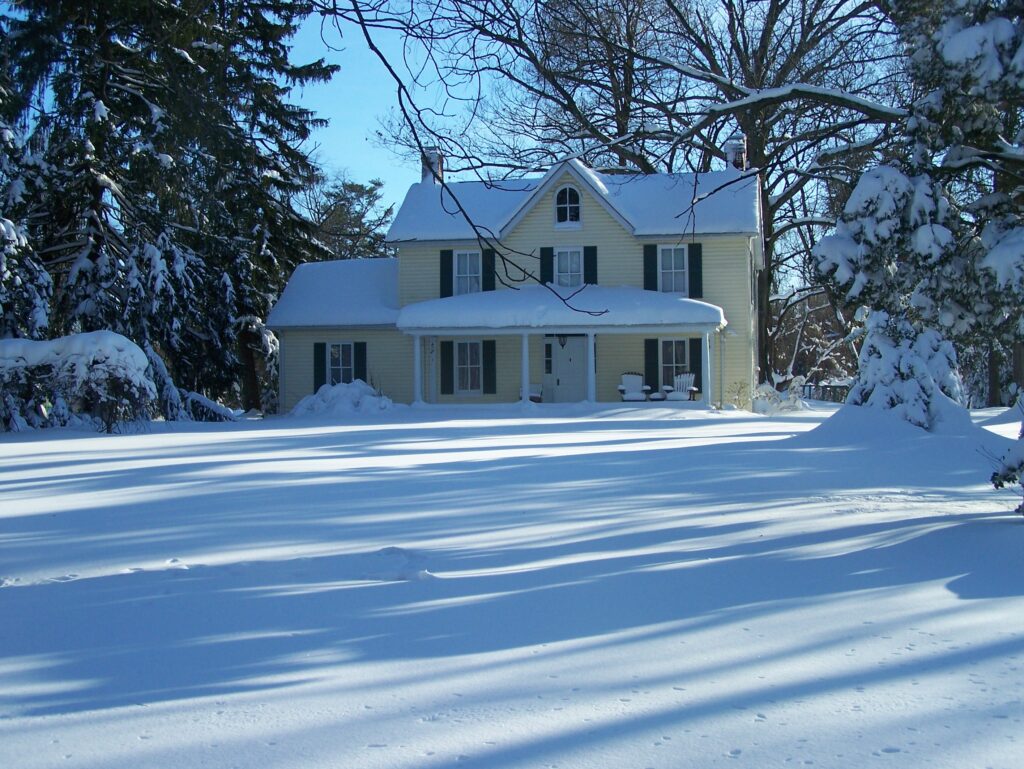
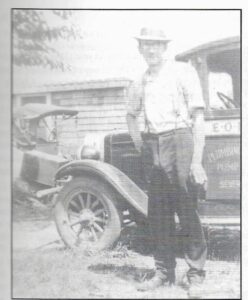
Edward started the family’s plumbing business in 1925.
“Upon hearing where Dill Plumbing began, people assumed Boone was somewhere in the sticks in Western Maryland,” Lanny Dill noted. “It was in the sticks alright, but it was right here in Severna Park”.
Boone never did shed its image as a rustic backwater. Despite new stores, churches and a new rail station, its rural origins remained. A new chapter with a refined name, “Severna Park”, began on June 16, 1925.
We’ll have that chapter for you in an upcoming column, outlining the progress and changes that took Severna Park from small town to established suburb by the year 2000.
Parenting for a Different World to host “Happiness Hour” Friday
Parenting for a Different World is hosting a free event this Friday, January 19th, to encourage teens and adults to practice healthy relaxation and coping skills. It’s the organization’s alternative to a happy hour. Called “Happiness Hour”, the event will be held at the Yoga Barn from 5:00 – 6:00 PM.
Valerie Smith, who shared this news with us, describes Parenting for a Different World as a local, grassroots non-profit organization offering free programming and resources for families to help youth thrive.
“We’ll devote one short hour to starting your weekend with blissful stretches, meditative breathing and healthy lifestyle tips,” Smith said. “We’ll have the fun of building vision boards and talk about setting goals and finding ways to achieve those goals while maintaining balance.”
The free “Happiness Hour” event is open to middle-schoolers through adults. The Yoga Barn is located at 44 Earleigh Heights Road. Attendees are invited to bring their mat if they have one and to bring magazine clippings of interest for the vision boards. For information or to register, visit PDWorld.
The Around The Park Again column is brought to you this week by Jing Ying Institute of Kung Fu and Tai Chi at 1195 Baltimore Annapolis Blvd. – For over two decades providing martial arts training that improves cardio-vascular health, strength and flexibility while reducing stress. Jing Ying is again bringing Tai Chi to the Severna Park Community Center.)

and by Lean On Dee Senior Home Care Services at 815 Ritchie Hwy., Suite 206 – When you need someone to lean on, Lean On Dee. Their experienced team of personal care management specialists and friendly companions provide high quality consistent care.

